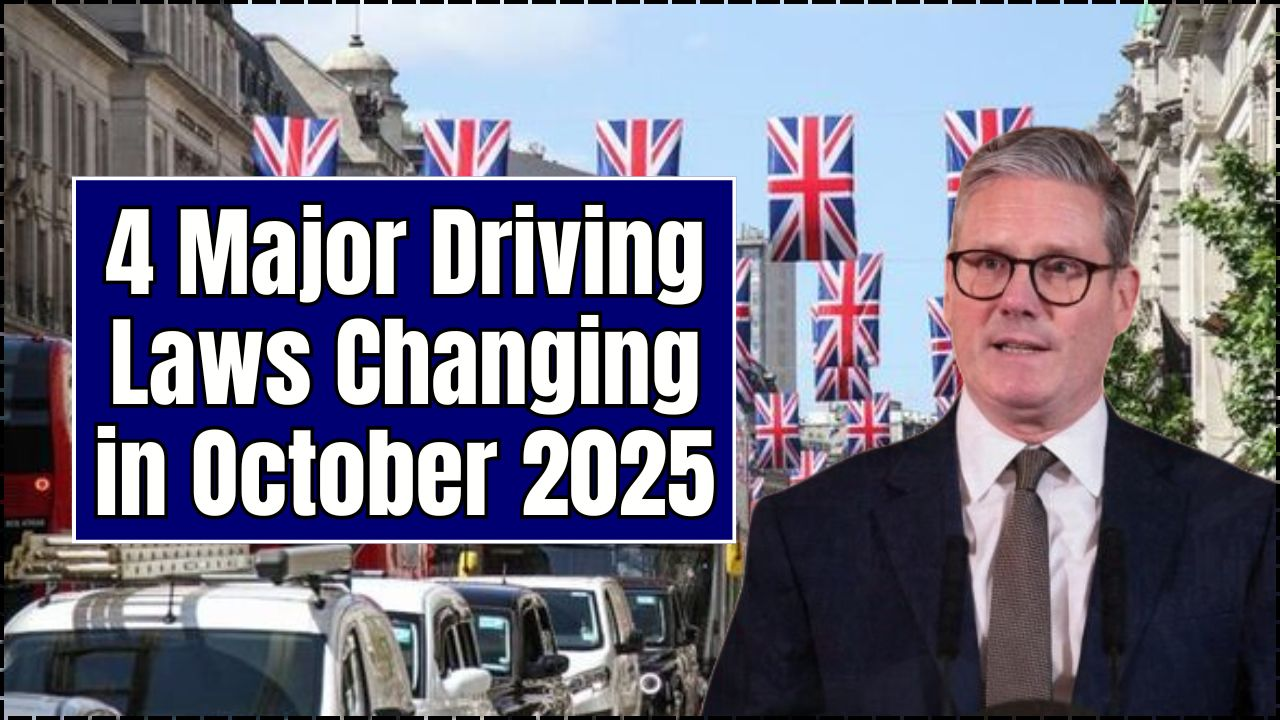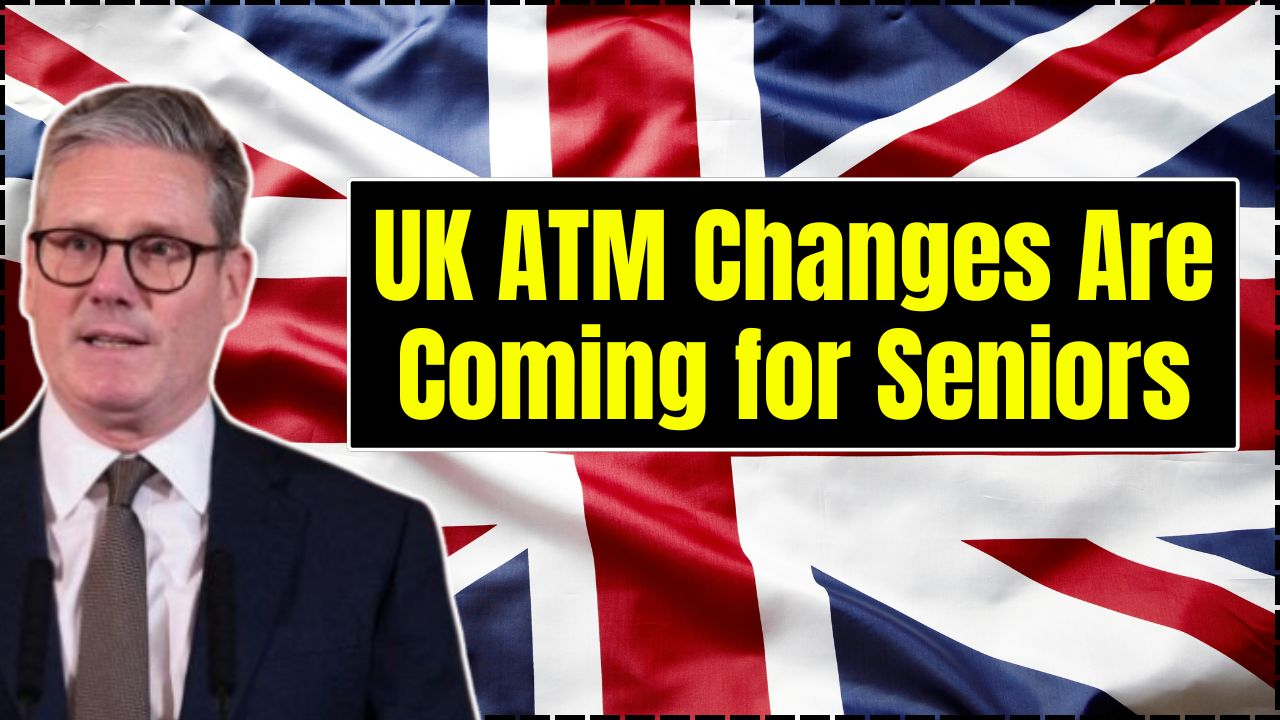Older pensioners across the UK are set to receive a major financial boost, with the government confirming a new increase to the state pension from April 2026. Thanks to the triple lock system, which guarantees annual pension increases based on inflation, wage growth, or a minimum of 2.5%, the full new state pension will rise by 4.7%. This will take it up to £12,535 a year, meaning an uplift of £562 for pensioners who receive the full amount. For many, this additional income could make a meaningful difference in covering everyday expenses.
This rise in State Pension Payment is expected to help thousands of retirees who rely heavily on their pension income. However, the increase also comes with warnings from experts about the impact on tax liabilities, as frozen tax thresholds could push more pensioners into paying income tax for the first time. Below, we will explore the details of this uplift, what it means for pensioners, and how it could affect retirement finances in the coming year.
What You Need to Know About the State Pension Payment Increase
The confirmed increase in State Pension Payment is one of the biggest developments for pensioners in 2026. Under the triple lock system, pensions rise annually in line with the highest of wage growth, inflation, or 2.5%. For the 2026/27 financial year, wage growth of 4.7% has set the benchmark, driving the £562 increase.
This boost will bring the weekly payment for those on the full new state pension to about £241, or just over £12,500 per year. While this will help many pensioners meet rising living costs, it also means more retirees may face income tax due to the frozen personal allowance threshold. Pension experts call this “fiscal drag,” where an increase in income leads to higher taxes, reducing the real benefit of the rise.
Overview of the 2026/27 State Pension Payment Changes
| Key Area | Details for 2026/27 |
| Annual Increase Percentage | 4.7% rise confirmed under triple lock |
| Annual New State Pension | £12,535 per year (increase of £562) |
| Weekly New State Pension | About £241 per week |
| Triple Lock System | Based on inflation, wage growth, or 2.5% (highest wins) |
| Reason for Increase | Wages rose by 4.7%, triggering uplift |
| Implementation Date | April 2026 |
| Impact on Tax | More pensioners could pay income tax for the first time |
| Frozen Tax Allowance Effect | Reduces real benefit due to “fiscal drag” |
| Pension Expert Warning | Retirees relying solely on state pension may face tax |
| Triple Lock Future | Guaranteed until end of current Parliament only |
The Triple Lock and Why It Matters
The triple lock has been a cornerstone of state pension policy in the UK for over a decade. It ensures that the state pension rises every year in line with whichever is highest: inflation, average wage growth, or a minimum of 2.5%. This safeguard was designed to protect pensioners’ spending power and reduce poverty among retirees.
For the 2026/27 year, wage growth has been the highest factor at 4.7%, which is why the increase in State Pension Payment is significant. This is particularly good news for pensioners who rely mainly or entirely on the state pension to pay for food, utilities, and other essential costs.
The £562 Boost: What It Means for Pensioners
From April 2026, pensioners receiving the full new state pension will see their payments rise to approximately £241 per week, or £12,535 a year. This £562 increase could help many retirees offset rising living costs, especially amid ongoing cost-of-living pressures in the UK.
Pension experts have described the increase as “meaningful,” especially for those without significant private or workplace pensions. However, with personal tax allowances frozen, the real value of the increase may be lower than it appears, as some pensioners may be taxed on their state pension income for the first time.
The Impact of Frozen Tax Allowances
While the increase in State Pension Payment sounds like welcome news, it could result in thousands of older people entering the tax system for the first time. The personal tax allowance, which is the amount you can earn before paying tax, has been frozen in recent years. As pension payments rise but allowances do not, more retirees are caught by “fiscal drag.”
This means that although pensioners receive more money on paper, they may not feel the full benefit once taxes are deducted. For those who already have additional income from workplace or private pensions, this impact is even greater.
Will the Triple Lock Last?
The government has confirmed the triple lock will remain in place until the end of the current Parliament. However, beyond that, its future is uncertain. Critics argue the system is becoming unsustainable because it significantly increases state pension costs, especially during times of high inflation or rapid wage growth.
For now, pensioners can be assured of the April 2026 increase. But there is no guarantee the triple lock will remain unchanged after the next election. This makes planning for retirement more challenging for younger people and those nearing pension age.
Expert Opinions on the State Pension Payment Increase
According to Spencer Churchill Claims Advice, the 4.7% rise from April 2026 will provide a real boost for pensioners who depend on the state pension. Their spokesperson highlighted that this is especially important for retirees managing rising everyday expenses.
However, the same experts also warned that the increase brings the pension close to the frozen personal tax allowance, meaning more retirees could end up paying income tax on their pension alone. Many pensioners who rely solely on the state pension may soon face deductions they have never experienced before.
How to Prepare for the April 2026 Changes
With the confirmed rise in State Pension Payment, pensioners should take steps to prepare for potential tax changes. Checking your total retirement income, understanding your tax obligations, and speaking to a financial advisor can help ensure you are not caught off guard.
If you receive private or workplace pensions alongside the state pension, you may already be paying income tax. With the new increase, it is important to confirm how much of your income is taxable and plan accordingly.
FAQs
When will the new state pension increase take effect?
The new rate takes effect from April 2026 for the 2026/27 financial year.
How much is the new state pension per week?
It will rise to around £241 per week for those receiving the full new state pension.
Why is the state pension increasing by 4.7%?
This is because wage growth of 4.7% was the highest factor under the triple lock system.
Will I have to pay tax on my state pension?
You may if your total income, including the state pension, exceeds the personal tax allowance, which is currently frozen.
Is the triple lock guaranteed beyond 2026?
The government has pledged to maintain it until the end of the current Parliament, but its future after that is uncertain.
Final Thought
The confirmed rise in State Pension Payment is big news for older pensioners across the UK. While the £562 increase is welcome, the reality of frozen tax thresholds means some retirees may not feel the full benefit. Staying informed, planning ahead, and checking your tax position are essential steps to make the most of the upcoming changes.
If you found this guide useful, share it with friends or family who may be affected by the April 2026 changes and help them prepare for what is ahead.












 Claim Here!
Claim Here!